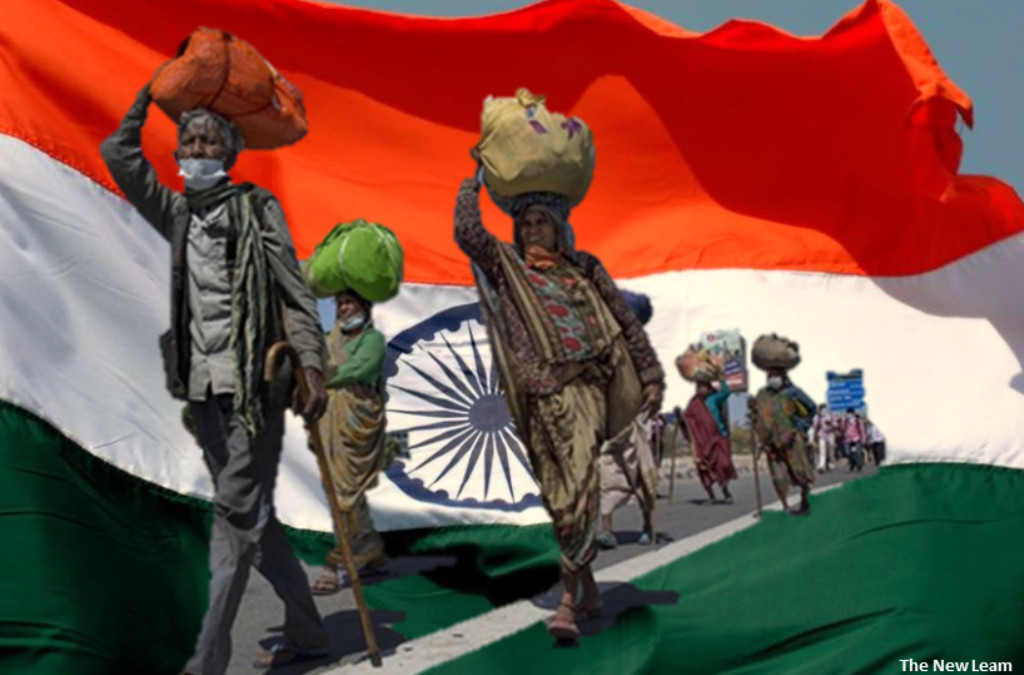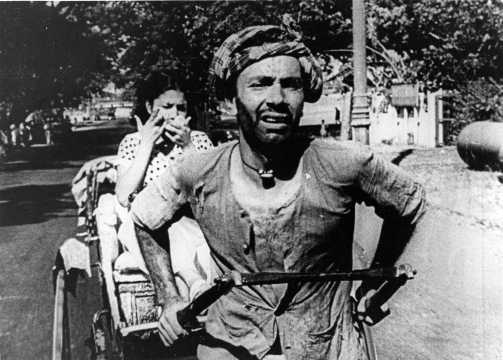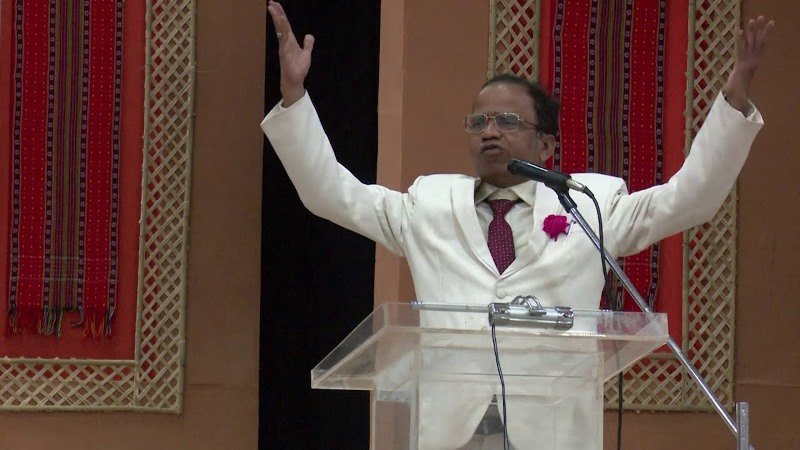
The migrant exodus in the last couple of months leaves a lasting impact on the hearts and minds of all those who imagine a nation premised on equality, justice and dignity for all. For the city centric urban upper and middle classes, the absence of the migrant worker implies having to drive the car or do the dishes on one’s own, or having to wait for longer to get a leaking pipe fixed or groceries delivered or being told by a contractor designing one’s newly booked apartment that due to the lack of labour force, the hand-over would be postponed by eight months.
But for the migrant worker in question, it means the crashing down of his/her world all of a sudden and the glaring truth that if the situation doesn’t change over the next couple of weeks, he/she may be compelled to see family members succumb to starvation before their own eyes.
No wonder, with the sudden announcement of a nationwide lockdown and no preventive and structural measures in place to offer alternative incomes to millions of migrants dependent on daily wage earnings, orphaned by the cities of the rich, mighty and affluent, they were forced to take arduous journeys back to their native villages on foot with women, children and the elderly.
Sprayed with disinfectants and soaked in sanitising liquid, humiliated and beaten up for violating the lockdown rules while walking on the highways that took them home, from being asked to pay for their train fares amid a full-stop to their wages to being victims of brutal road accidents and starvation deaths mid-way, who does the migrant worker count on, who is it that will not orphan him when he is in the deepest of crisis?
Not the State, not the middle class ,not their profit-guided employers or the political class who seduces them by the propaganda machinery but fails to come to their rescue, who look at them as an alienated labour force deprived of human agency and robbed of their dignity owing to cyclic poverty, illiteracy and political marginalisation.

They build up our cities and run our industries, guard our multi-storeyed gated communities and shopping malls, mop our floors and manicure our fancy parks and gardens, they are the electrician, delivery boy, house-helper, watchman and thousands of factory and industrial workers, construction and mining workers and no matter where we look, they build and run our mega cities with their sweat and blood, toil and labour and when they are faced with a crisis, the building that they constructed with their own hands close their gates for them, the roads they constructed no longer recognise them and the factories ,construction sites, mines and industries that wouldn’t run a day without their labour, stop reacting to their presence and throw them into the dustbin of humiliation an indignity. These migrant workers make India, but India chooses not to listen to the wails of their hungry and starving children, the pains and agonies of their pregnant wives who are compelled to lie unaided in pools of blood while delivering in the middle of scorching hot and deserted highways, it doesn’t care if the aged and the differently abled, the starving and the impoverished be crushed by the gigantic wheels of a mighty train, scattering their dry and stale chapatis on the railway tracks as a reminder of their broken dreams and crushed dignities.
More than seventy years have passed since India gained its independence, but perhaps the migrant exodus and the deepening cleavages of economic inequalities and class divide remind us, freedom is never a finished product, instead it is like the sand by the side of the ocean, on which we need to again and again write our aspirations for a shared, egalitarian and just social order. Just as behind our iconic freedom fighters and legendary proponents of the Indian independence struggle, hid millions of unknown, undocumented and underrepresented ordinary men and women who fought fearlessly to win back India’s freedom and defeat the mighty colonial regime, even today, behind the grand narrative of the biggest democracy and the third largest military power in the world, the stories, contributions and voices of the marginalised remain unheard and underrepresented.
While flags are hoisted and slogans chanted, patriotic songs played and nationalist symbols reignited, while the memoirs of victorious wars and fearless freedom fighters cloud the sky, when latest additions to our military arsenal and developments in industrial and software technologies are cited as moments of unprecedented national pride, let us take a moment to think of those who have made the nation away from mentions in grand encyclopaedias and history textbooks, those who knew that their statues will never be inaugurated and their struggles shall never be celebrated, those who remained unknown, undocumented and uncounted. Where were they then, where are they now?
Support Journalism that matters, contribute to us:
https://publishers.orcsnet.com/#thenewleam/





